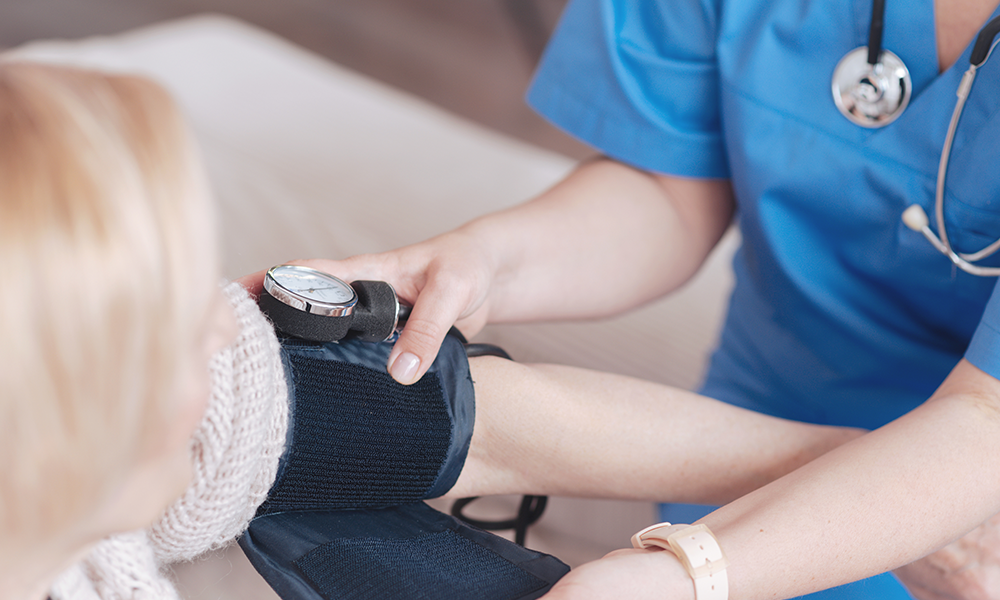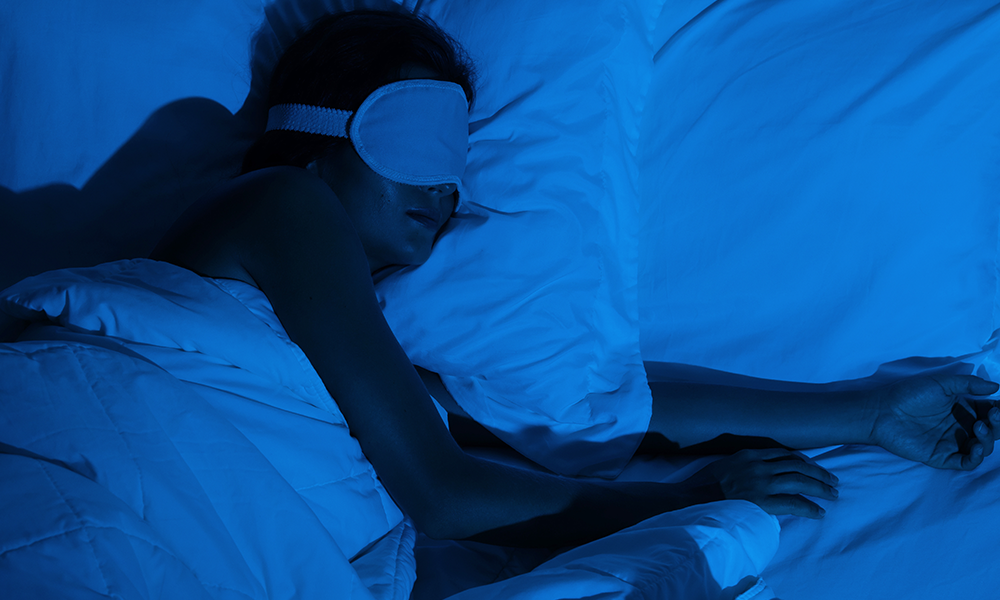Nothing beats a relaxing nap to help keep you energized throughout the day — as long as you know the proper way to go about it. Sit back, put your feet up, and learn more about the benefits of napping as well as napping practices that will give you the best results.
Benefits of Napping
If you love taking naps, you can probably already attest to how great they make you feel. Here are a few reasons why naps can be beneficial to both your mind and body — and why you should incorporate them into your daily routine.
1. Better Mental Function
Researchers have found that afternoon naps among adults aged 65 and older have helped improve cognitive function.
Feeling a little groggy after that lunchtime meal? Take a nap and you may see positive results to your memory and spatial abilities. Results from a study on older adults who napped for 30-90 minutes after lunch showed that those who did not nap experienced a decline in mental ability similar to a 5-year increase in age.
2. Increased Learning Ability
There is evidence that suggests napping increases your ability to learn and retain new information. More often than not, we nap to catch up on sleep we didn’t get the previous night. Because napping helps you rest sufficiently, it aids your brain’s ability to effectively process new information, consolidate it into memory, and learn it.
3. Decreased Risk of Heart Disease
Power naps benefit your mind and your heart, too. A study of adults aged 20 to 86 found that napping on a regular basis (three times per week for 30 minutes) decreases your risk of death from heart disease.
While the results showed a 37% decrease in coronary death rate for those who napped, you have to keep in mind other lifestyle factors as well. In order to see all the benefits of napping, you need to maintain a healthy lifestyle. Make an effort to eat a well-balanced diet and exercise regularly to get the most power nap benefits.

4. Lower Blood Pressure
High blood pressure is a common health problem that many of us struggle with as we get older. While lifestyle factors like diet and stress play a huge role, napping may be a natural remedy for lowering blood pressure.
A study published in the European Society of Cardiology found that midday naps are associated with lower 24-hour blood pressure, an enhanced fall in blood pressure during the night, and less damage to the arteries and heart. Participants who took afternoon naps saw a 5% decrease in blood pressure compared to those that didn’t. If you find yourself dealing with this health issue, the benefits of napping may help!
5. Improved Energy and Alertness
Last but not least, the most obvious power nap benefit is improved energy and alertness. Depending on how long your naps are, the added rest can work wonders for your energy levels throughout the day. Whether you’re getting less sleep because of stress, hormonal changes, or life in general, afternoon naps can be a quick and rejuvenating method for catching some much needed zzz’s.
Napping Best Practices
Before you jump into bed and dream of the power nap benefits that may follow, take a quick look at these guidelines. Factors like nap duration and the time of day you nap heavily affect the benefits of napping you may experience.
Duration
One of the most critical elements of napping is duration. Some people prefer naps that last for hours, but research shows that there is a particular duration length you should follow in order to see the best results. For older adults specifically, 30-90 minute naps have been shown to be the most effective when it comes to experiencing positive changes.
Time of Day
The time of day when you nap is very important because if you nap too late or too early, you can negatively affect your nighttime sleeping patterns. Studies suggest that the optimal time for older adults to nap is early afternoon, usually after lunch. Research has found that midday naps capitalize on your natural drop in alertness and give you a healthy amount of time to build up your sleep drive throughout the rest of the day.

Sleep Environment
Along with duration and time, your sleep environment is a factor that can affect your ability to experience the benefits of napping. Even if you pride yourself on being able to fall asleep in any situation, professionals recommend that you find a quiet, dark resting spot without any noise or distractions.
Make sure the room temperature is comfortable for you. If you’re too hot or cold, you may find yourself waking up to adjust your sleepwear and bed covers. This will reduce the benefits of napping.
Natural Remedies For Better Naps
If you have trouble falling asleep, you can try a few natural remedies that help relax your mind and body before bed. Add these remedies to your nap time or nighttime routine to fall asleep and stay asleep more easily.
Tasty Tea
Drinking tea is a yummy way to unwind before you hit the hay. Chamomile tea, for example, is a centuries-old sleep remedy made from the chamomile herb that is actually a mild sedative. Drinking this tea will help calm your nerves and anxiety, while reducing symptoms of insomnia.
Warm Bath
A warm bath is a soothing and cleansing activity perfect for getting you ready to sleep. A nice soak relaxes your muscles and eases your mind into a peaceful state. Make it even better by adding calming essential oils to your bathwater like lavender and eucalyptus.
If taking a warm bath sounds like the ultimate sleep remedy for you, enjoy a soak in the comfort and safety of a walk-in tub. Click the button below to get a free estimate for the best walk-in tub in America!
Want to learn more about the best walk-in tub in America? Click the button below to get a free estimate!


